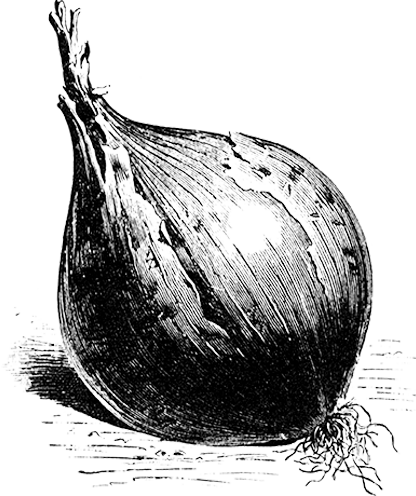EU lists of varieties of vegetable seeds:
Since the 1st January 2011, there are three different lists we seed traders must follow if we want to sell seeds legally. And they apply across the EU.1. The big official list (EC Common Catalogue) where big seed companies register their commercial varieties, mostly for professional cultivation. To get a variety on this list will take at least two or three years of controlled trials and costs a lot. Then for the next 25 years you have an annual fee, if you want to maintain your place on the list. After that period, a new registration can be made for another 25 years. You have "plant variety rights" to the variety and no one else can grow and sell seeds of it.
2. The National Listing of Vegetable Conservation Varieties. Varieties grown in European countries before 1950 may qualify here. On the agricultural side, there are several older, more or less local varieties of grain. But on the vegetable side, it is very lean. The idea is that small professional growers can cultivate and sell their crop as a conservation (or heirloom)variety.
But they may only be grown within the borders of the European country where they are registered and on a very limited area, not to take any significant market share. A promising conservation variety from a neighbouring country can not be grown for sale in your country.
3. The National Listing of Amateur Vegetable Varieties. Seed varieties can be registered for a fee on the official amateur list in each country, but certain documentation is required. Every seed bag with these kind of seeds must have "Amateur variety" printed on them. Anyone can register a variety, but has no ownership rights to it. And it may only be sold in portions and low quantity packages.
Varieties which are registered in another country outside the EU, can not be approved for sale unless they are registered in the EU as well. It's only the owner of the variety who may apply for approval of the variety as an amateur variety and submit documentation and pay the fee. This is hardly interesting for the owner of the variety, just to sell a few pounds of seed to amateurs in a specific EU-country. So they end up not being grown within the EU's walls at all.
Scores of varieties from the same climate zone as ours are now excluded, although they would grow very well here, both now and for the foreseeable future in a changing climate.
